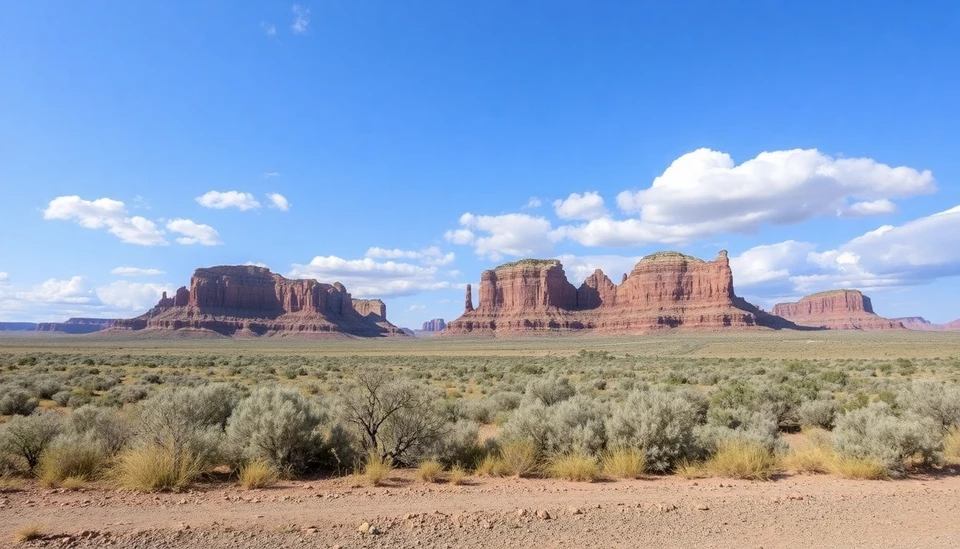
In a significant turn of events, the climate agenda is facing an unusual pushback in a region long associated with the policies of Donald Trump. This backlash is unfolding in an area where the uproar over environmental regulations is met with a keen local sensibility to the dynamics of climate change. With a distance of 8,745 miles separating the innovators from the traditionalists, this story unfolds in stark contrast to the usual narratives surrounding climate efforts.
Local leaders and communities in predominantly conservative regions are beginning to question the benefits of the climate policies being promoted at state and national levels. While historically aligned with Trump's stance on deregulation and support for fossil fuels, many residents are now seeing the tangible impacts of climate change in their backyards, prompting a reevaluation of priorities. The disparity between political affiliation and environmental action has resulted in a grassroots movement that is reshaping the conversation around climate initiatives.
In this surprising twist, economic repercussions tied to climate phenomena have sparked discussions that may herald a shift away from rigid political loyalties. Farmers, business owners, and everyday citizens are rallying to advocate for measures that prioritize resilience against climate-related impacts. The call for change is growing louder, revealing a nuanced perspective that transcends party lines. Local economies reliant on agriculture and tourism are feeling the dire effects of extreme weather patterns, leading to a pragmatic approach toward climate adaptation and mitigation.
As these communities confront the dual threats of drought and flooding, they are becoming increasingly vocal about the need for comprehensive climate strategies. Interactions between citizens and local officials are evolving into platforms for dialogue, where solutions are sought through a lens of common interest rather than ideological division. This development offers a unique opportunity for public discourse around climate policy that is more inclusive and collaborative.
Moreover, innovative projects and sustainable practices are starting to take root within these regions. From solar panels on farmland to investments in smart irrigation systems, the integration of green technology is becoming a practical necessity rather than a politically charged issue. The journey towards sustainability is no longer viewed as an abstract concept but as a critical pathway for securing the future of both the community's economy and environment.
This ongoing shift not only highlights a change in local attitudes but also serves as a cautionary tale for national-level climate strategies. The challenge becomes crafting messages and policies that resonate with people across the political spectrum while addressing the pressing realities of climate change. Failure to do so risks alienating potential allies in mitigating what is undoubtedly a global crisis.
As this narrative continues to unfold, it stands as a testament to the adaptability and resilience of communities facing existential threats. If these areas can bridge the perceived divide between climate action and traditional values, they might inspire broader movements that challenge entrenched narratives regarding environmental policies. This grassroots response signifies a turning point in the climate conversation, one that embraces collaboration and innovation in the search for sustainable solutions.
The unexpected evolution of this climate pushback, originating in places so often associated with climate skepticism, reveals an underlying truth: the urgent need for action often transcends political boundaries. The future of climate policy may depend on acknowledging these voices and fostering discussions that include all stakeholders in the conversation.
#ClimateChange #GrassrootsMovement #Sustainability #TrumpCountry #EnvironmentalPolicy #ClimateAdaptation #CommunityResilience
Author: Peter Collins




